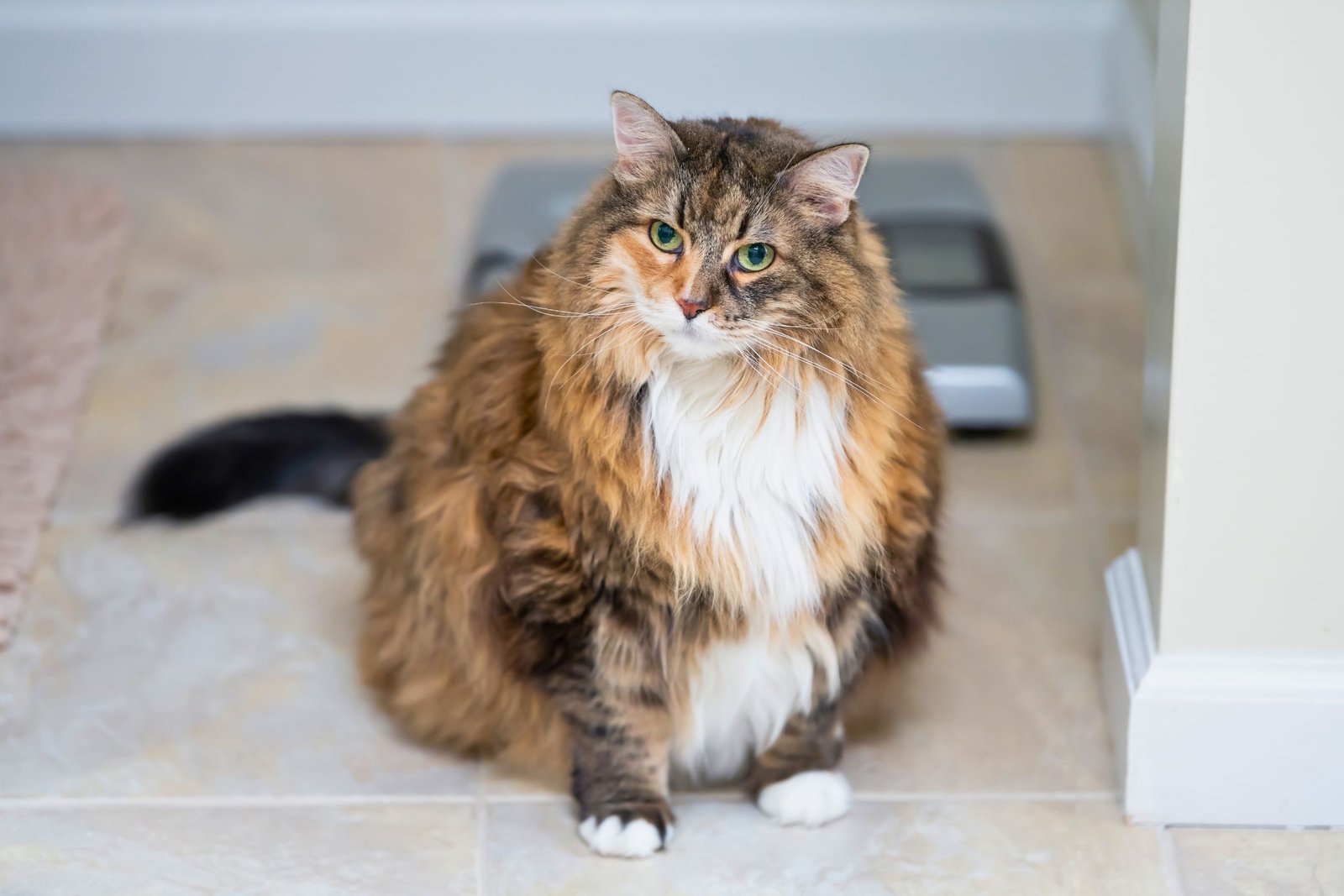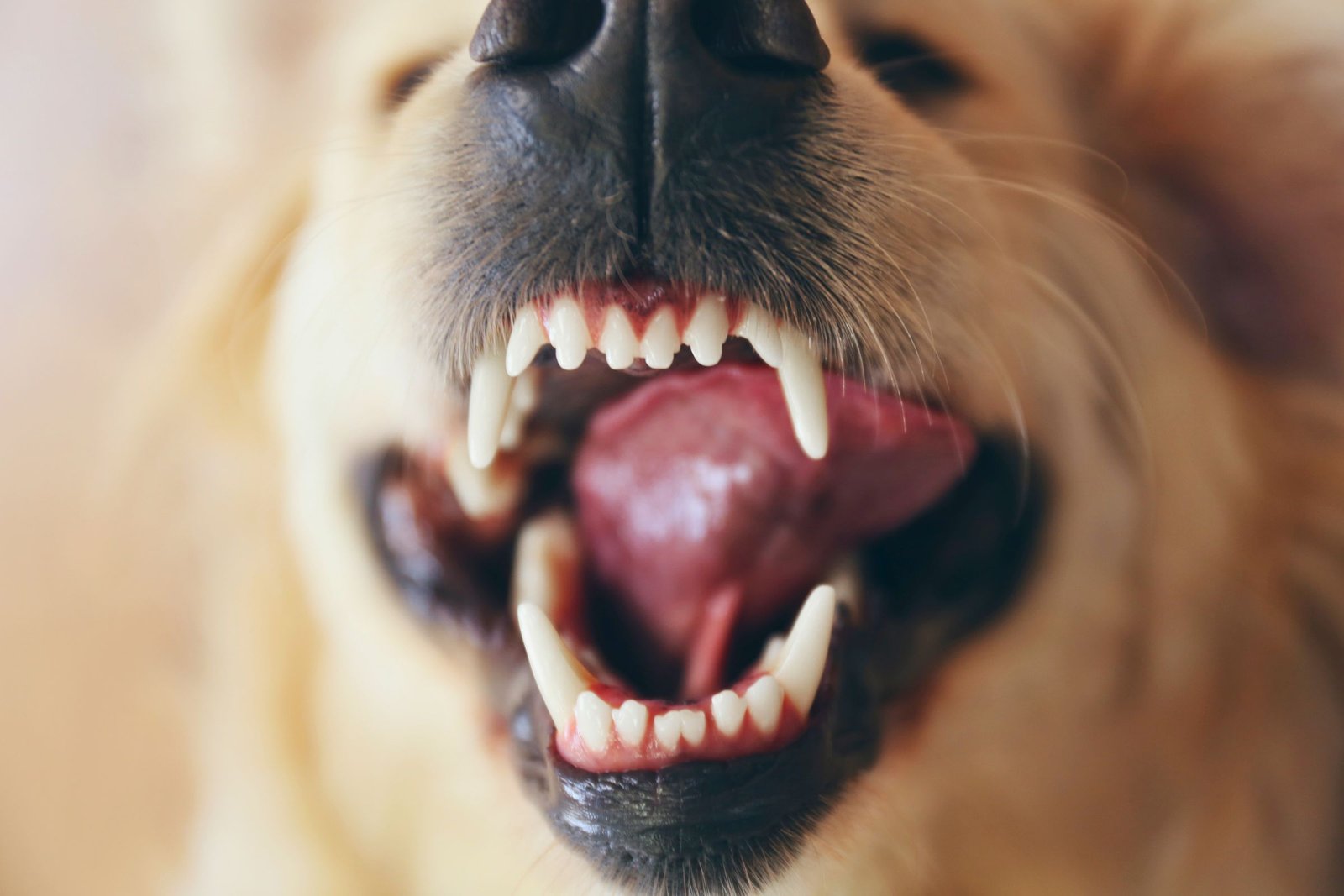Compromised Immune System: Unraveling the Link Between Feline Obesity and Susceptibility to Illness
The consequences of feline obesity extend beyond the visible physical effects, delving into the intricate workings of the immune system. The interplay between excess weight and immune function unveils a critical aspect of a cat’s overall well-being, emphasizing the essential role of maintaining a healthy weight for a robust immune response.
The Weight-Immunity Connection
Obesity is known to compromise a cat’s immune system, creating an environment where the body’s defense mechanisms may not function optimally. The intricate interplay between excess weight and immune function establishes a link that renders overweight cats more susceptible to infections and illnesses.
Increased Inflammation
Obesity triggers a state of chronic inflammation throughout the body. This persistent inflammatory response can disrupt the normal functioning of the immune system. The heightened inflammatory state becomes a conducive environment for the development of various health issues, further challenging the cat’s immune defenses.
Impaired Immune Cell Function
The function of immune cells, such as white blood cells, may be impaired in overweight cats. These cells play a crucial role in identifying and neutralizing pathogens. However, the impact of excess weight on immune cell function can compromise the body’s ability to mount an effective defense against infections.
Susceptibility to Respiratory Infections
Respiratory infections, such as feline upper respiratory infections (URI), become more prevalent in overweight cats. The compromised immune response, coupled with potential respiratory challenges associated with excess weight, increases the likelihood of respiratory infections taking hold.
Increased Risk of Urinary Tract Infections
Overweight cats face an elevated risk of urinary tract infections (UTIs). The compromised immune system, coupled with potential factors like reduced grooming ability and impaired urinary function, creates an environment conducive to the development of UTIs.
Impact on Wound Healing
Obesity can affect the cat’s ability to heal from wounds or injuries. The compromised immune response may slow down the healing process, making overweight cats more vulnerable to infections in wounds or surgical sites.
Challenges in Fighting Chronic Diseases
Cats with compromised immune systems due to obesity may find it challenging to combat chronic diseases. Conditions such as diabetes, arthritis, and respiratory disorders become more difficult to manage when the immune system is not functioning at its best.
The Role of a Healthy Weight
Maintaining a healthy weight emerges as a crucial factor in supporting a robust immune response in cats. Weight management not only addresses the physical strain on the body but also contributes to reducing inflammation, enhancing immune cell function, and fortifying the cat’s ability to fend off infections and illnesses.
In conclusion, the link between feline obesity and a compromised immune system emphasizes the far-reaching consequences of excess weight. Cat owners are urged to recognize the pivotal role of weight management in preserving the immune health of their feline companions, fostering a resilient defense against the myriad challenges posed by infections and illnesses.








